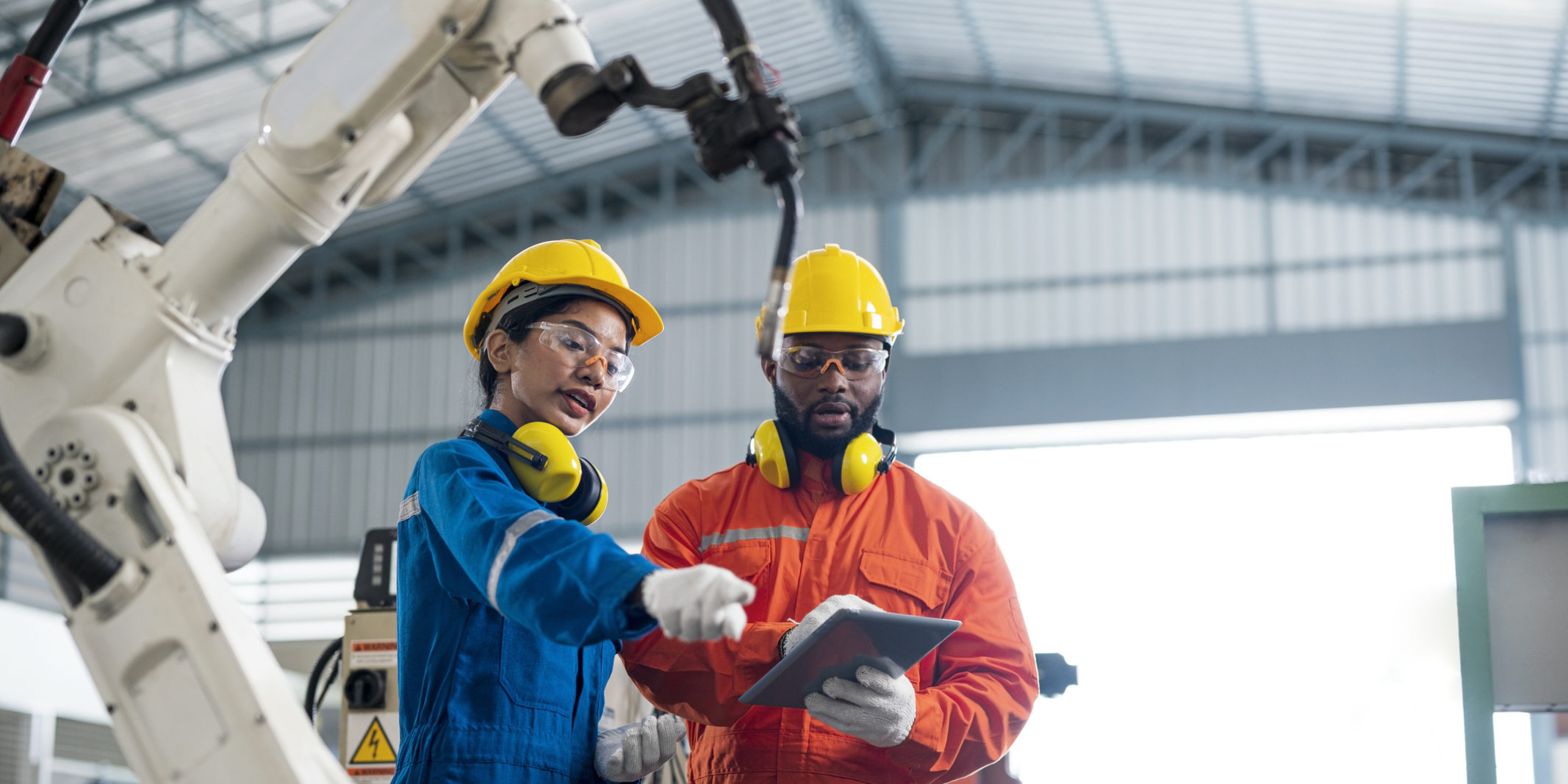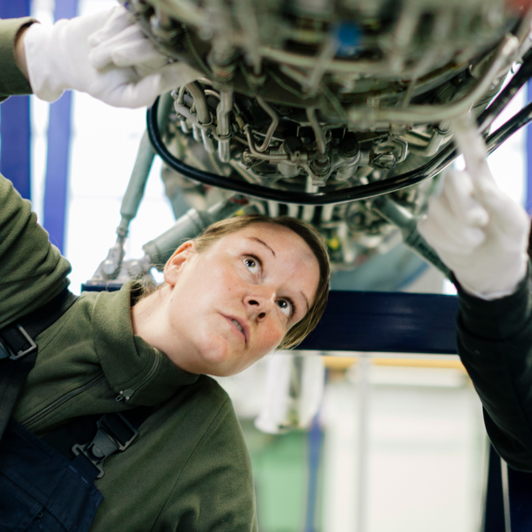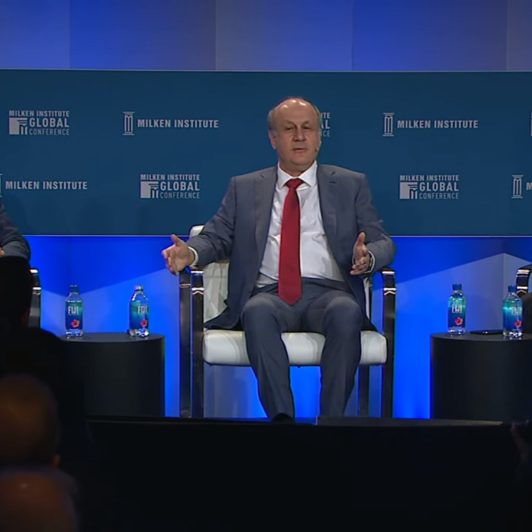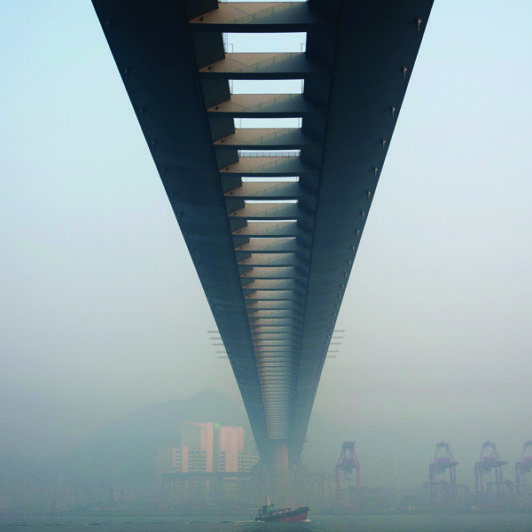“One of capitalism’s bedrock promises,” wrote Two Sigma Co-Chair David Siegel in a 2017 New York Times op-ed, “is that competition in the free market benefits society at large. Somewhere along the line, intoxication with efficiency caused us to lose sight of that principle at the expense of workers.”
Future of Work, a new, three-part documentary series on PBS that features David, expands on this theme, exploring why the U.S. economy is increasingly falling short for so many in the workforce. Siegel joins a broad array of corporate executives, factory and gig workers, academics, and others to explore how the nature of work in the U.S. is changing–and how we must change our approach to it.
The impact of automation and globalization
“I think over the last couple of decades, business leadership has become very excited about reducing the need for humans to be involved with work,” he explains in Episode 1. “Automation has been really turbo-charged by AI and robotics and other advanced computer technology. Tax policy over the years in America has implicitly favored capital equipment—robots and other machinery—over labor.”
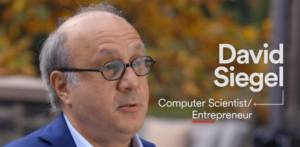
Amid the rise of automation and globalization, and worsened by the effects of the Covid-19 pandemic, millions of Americans are struggling to find gainful long-term employment with purpose, even as U.S. companies earn record profits.
Many Americans are simply trying to make ends meet through jobs that offer little in the way of growth and mobility potential. “There’s a big difference between a job and a career,” says Siegel, “and this distinction is being lost in our society. A career is something that will serve you for your lifetime, and it’s very meaningful. Jobs, on the other hand, are very transactional. The gig economy makes jobs really transactional.”
Not coincidentally, driving value-creation through innovative and thoughtful investments in workforce improvement is core to the mission of one of our most recent initiatives, Two Sigma Impact.
Building a future that addresses workers’ needs
The series offers a wealth of perspectives on how companies, governments, and individuals can address these and other challenges going forward, and together create a future that once again addresses everyday people’s needs. “The nature of work is designed by humans,” notes Siegel. “We have to design things that are useful to society, but also provide satisfaction to the basic human needs that we have.”
Watch the PBS Future of Work series here.



